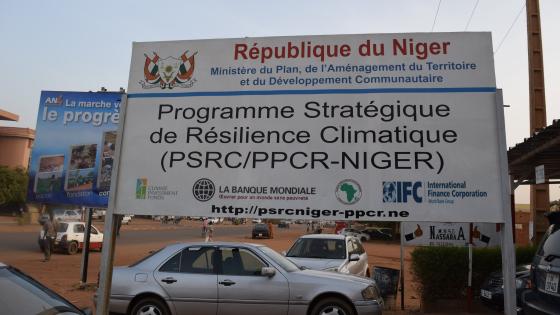DP11931 Samaritan Bundles: Inefficient Clustering in NGO Projects
We build a model with non-governmental organizations competing through fundraising
for donations and choosing their project types. Donors’ willingness to give differs across
project types. Each NGO chooses whether to compete in the larger donation market or
to monopolize the smaller one. The resulting equilibrium configuration crucially depends on
the asymmetry in potential donation market size and on donors’ perceived substitutability or
complementarity between giving to two different projects. We analyze the welfare properties
of the decentralized equilibrum and characterize the conditions under which such equilibrium
is inefficient. We also develop a variant of the model with inter-temporal choices of NGOs,
analyze settings where NGOs can coordinate their fundraising activities and/or project type
choices, extend the model to allow for spillovers between NGO fundraising activities, and
illustrate the mechanisms of the model with several case studies.


